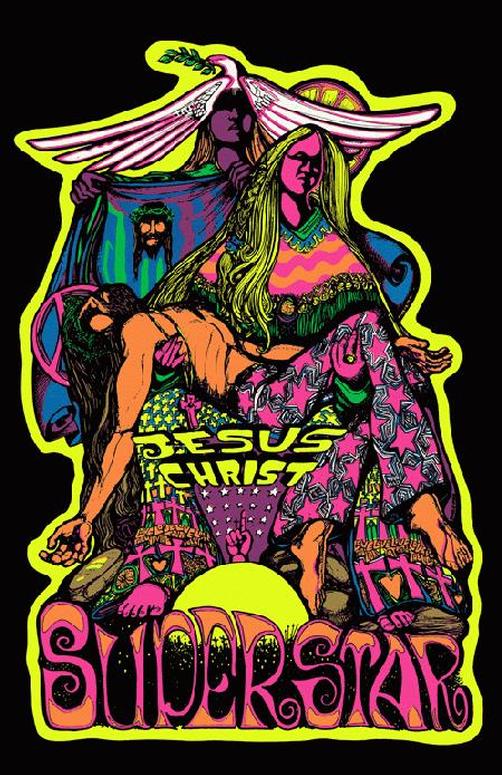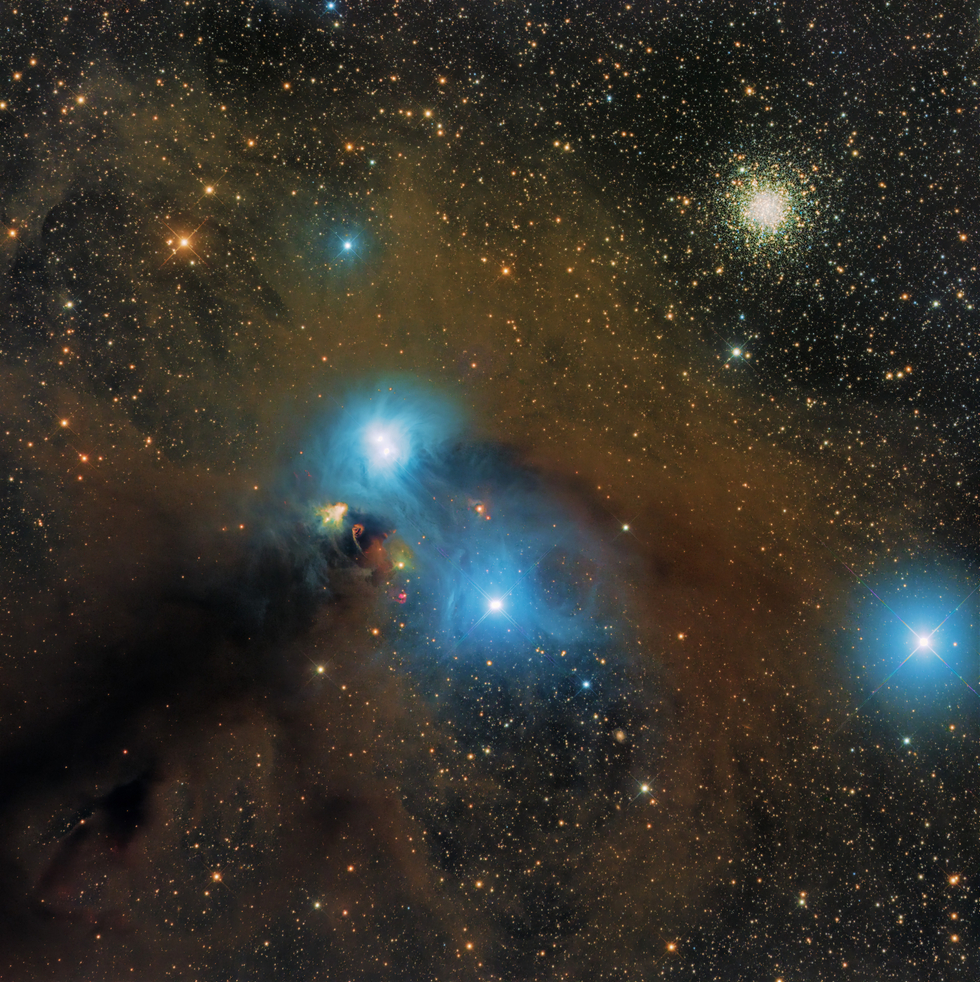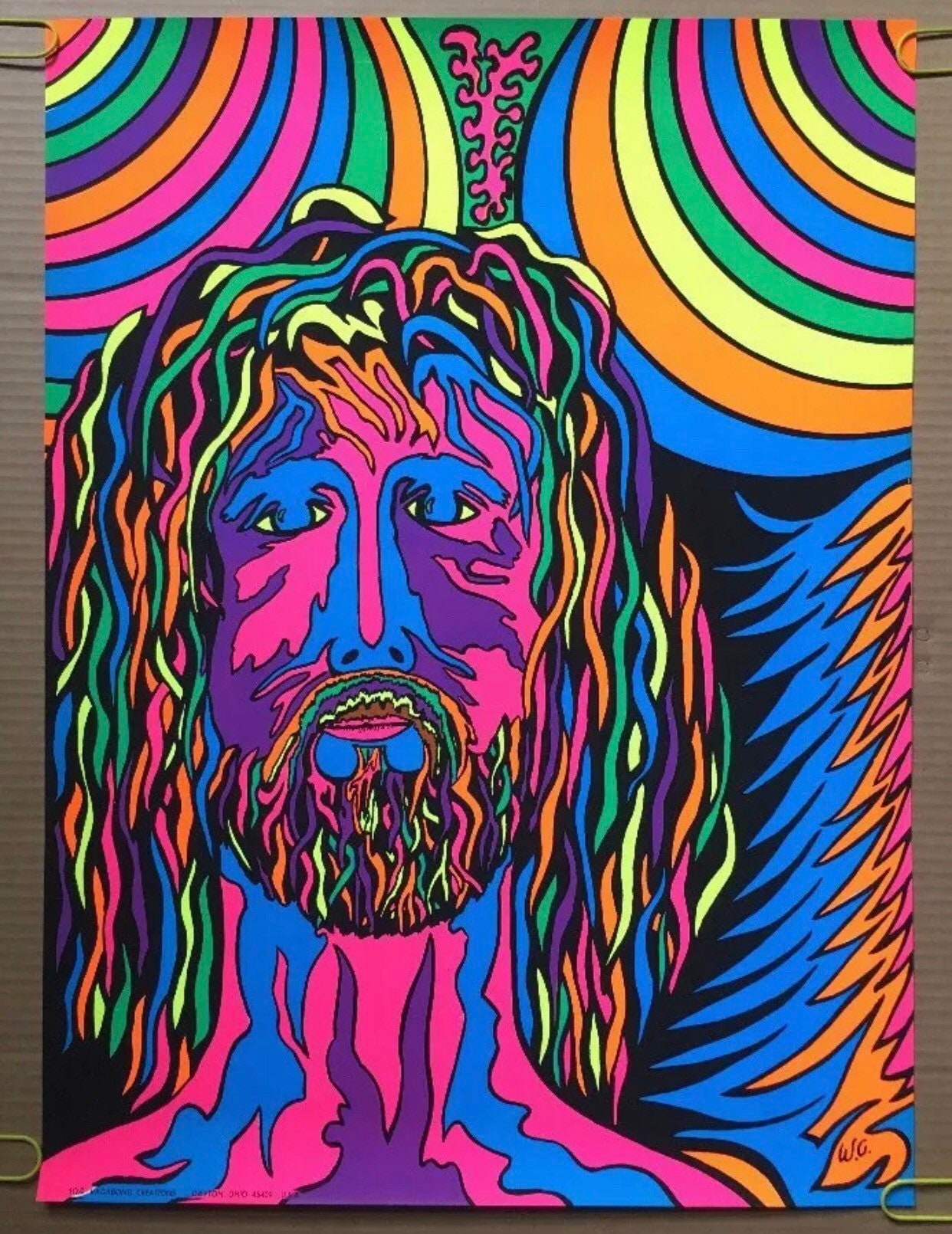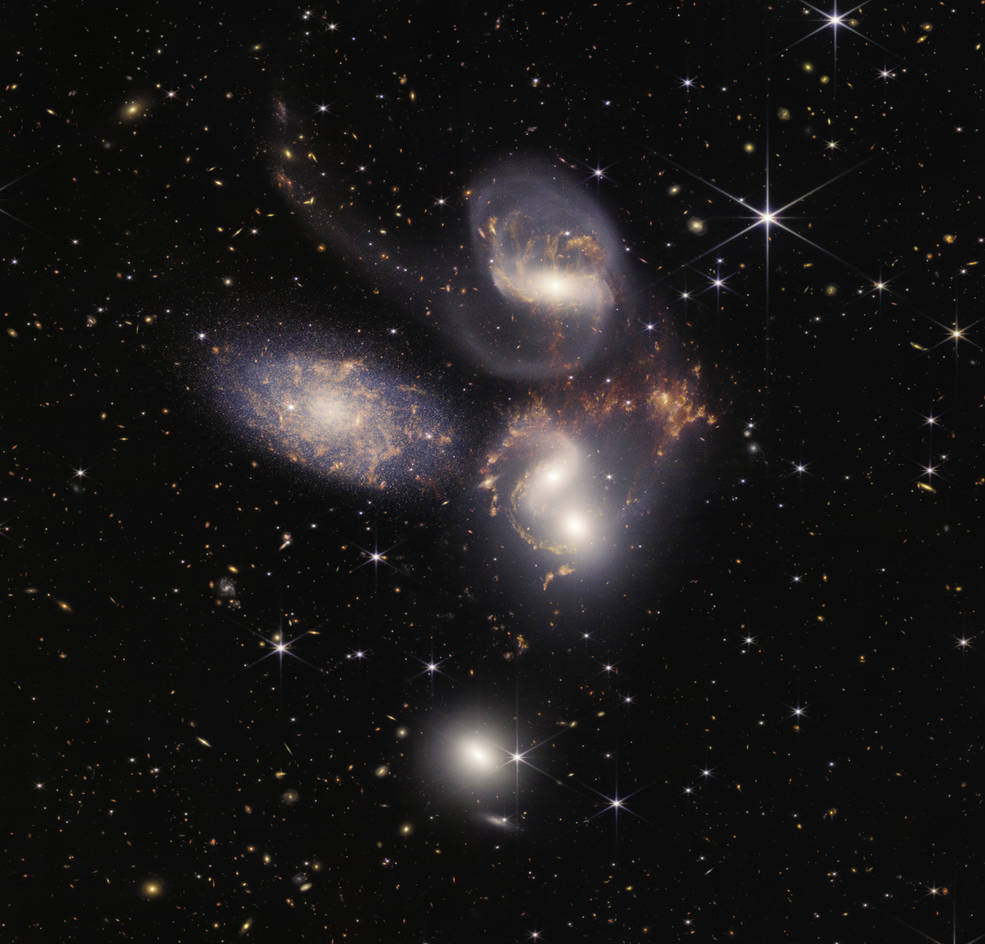Blog
Vincent Anthony Guaraldi Dellaglio, July 17, 1928 – February 6, 1976 San Francisco, CA) was an American jazz pianist noted for his innovative compositions and arrangements and for composing music for animated television adaptations of the Peanuts comic strip. His compositions for this series included their signature melody “Linus and Lucy” and the holiday standard “Christmas Time Is Here“. He is also known for his performances on piano as a member of Cal Tjader‘s 1950s ensembles and for his own solo career. His 1962 composition “Cast Your Fate to the Wind” became a radio hit and won a Grammy Award in 1963 for Best Original Jazz Composition. He died of a sudden heart attack in February 1976 at age 47, moments after concluding a nightclub performance in Menlo Park, California.
more...Second performance of JCSS by Theatre 55 @ Caponi Art Park 7pm. Music by Raymond Berg, Jamie Carter, Lyra Olson and mick laBriola.

Image of the Corona Australis Molecular Complex, together with globular cluster NGC 6723, captured with CHI-2 (ASA500N)
The Corona Australis Molecular Complex is a dark molecular cloud with many embedded reflection nebulae, dark nebulae, a variable nebula, Herbig–Haro objects and very young blue stars near the northern boundary of Corona Australis, the Southern Crown. About 430 light years away, it is one of the closest star-forming regions to the Solar System.
Globular star cluster NGC 6723 is above and right of the nebulae. Though NGC 6723 appears to be part of the group, its ancient stars actually lie nearly 30,000 light-years away, far beyond the young stars of the Corona Australis dust clouds.

Rubén Blades Bellido de Luna (born July 16, 1948), known professionally as Rubén Blades, is a Panamanian musician, singer, composer, actor, activist, and politician, performing musically most often in the salsa, and Latin jazz genres. As a songwriter, Blades brought the lyrical sophistication of Central American nueva canción and Cuban nueva trova as well as experimental tempos and politically inspired Son Cubano salsa to his music, creating “thinking persons’ (salsa) dance music”. Blades has written dozens of hit songs, including “Pedro Navaja” and “El Cantante” (which became Héctor Lavoe‘s signature song). He has won nine Grammy Awards out of seventeen nominations and five Latin Grammy Awards.
His acting career began in 1983, and has continued, sometimes with several-year breaks to focus on other projects. He has prominent roles in films such as Crossover Dreams (1985), The Milagro Beanfield War (1988), The Super (1991), Predator 2 (1990), Color of Night (1994), Safe House (2012), The Counselor (2013) and Hands of Stone (2016), along with three Emmy Award nominations for his performances in The Josephine Baker Story (1991), Crazy from the Heart (1992) and The Maldonado Miracle (2003). He portrayed Daniel Salazar, a main character on the TV series Fear the Walking Dead(2015–2017; 2019–present).
He is an icon in Panama and is much admired throughout Latin America and Spain, and managed to attract 17% of the vote in his failed attempt to win the Panamanian presidency in 1994. In September 2004, he was appointed minister of tourism by Panamanian president Martín Torrijos for a five-year term. He holds a Bachelor of Arts‘ Law degree from the University of Panama and an LL.M in International Law from Harvard University. He is married to singer Luba Mason.
more...
Desmond Dekker (16 July 1941 – 25 May 2006) was a Jamaican ska, rocksteady and reggae singer-songwriter and musician. Together with his backing group The Aces (consisting of Wilson James and Easton Barrington Howard), he had one of the earliest international reggae hits with “Israelites” (1968). Other hits include “007 (Shanty Town)” (1967), “It Mek” (1969) and “You Can Get It If You Really Want” (1970).
Desmond Adolphus Dacres was born in Saint Andrew Parish (Greater Kingston), Jamaica, on 16 July 1941. Dekker spent his formative years in Kingston. From a young age he regularly attended the local church with his grandmother and aunt. This early religious upbringing, as well as Dekker’s enjoyment of singing hymns, led to a lifelong religious commitment. Following his mother’s death, he moved to the parish of St. Mary and later to St. Thomas. While at St. Thomas, Dekker embarked on an apprenticeship as a tailor before returning to Kingston, where he became a welder. His workplace singing had drawn the attention of his co-workers, who encouraged him to pursue a career in music.
In 1961 he auditioned for Coxsone Dodd (Studio One) and Duke Reid (Treasure Isle), though neither audition was successful. The unsigned vocalist then auditioned for Leslie Kong‘s Beverley’s record label and was awarded his first recording contract.
more...Callen Radcliffe Tjader Jr. (/ˈdʒeɪdər/ JAY-dər; July 16, 1925 – May 5, 1982) was an American Latin jazz musician, know as the most successful non-Latino Latin musician. He explored other jazz idioms, even as he continued to perform the music of Cuba, the Caribbean, Mexico and Latin America.
Tjader played the vibraphone primarily, but was accomplished on the drums, bongos, congas, timpani, and the piano. He worked with many musicians from several cultures. He is often linked to the development of Latin rock and acid jazz. Although fusing jazz with Latin music is often categorized as “Latin jazz” (or, earlier, “Afro-Cuban jazz“), Tjader’s works swung freely between both styles. His Grammy award in 1980 for his album La Onda Va Bien capped off a career that spanned over forty years.
Callen Radcliffe Tjader Jr. was born July 16, 1925, in St. Louis to touring Swedish American vaudevillians. His father tap danced and his mother played piano, a husband-wife team going from city to city with their troupe to earn a living. When he was two, Tjader’s parents settled in San Mateo, California, and opened a dance studio. His mother (who dreamed of becoming a concert pianist) instructed him in classical piano and his father taught him to tap dance. He performed around the Bay Area as “Tjader Junior”, a tap-dancing wunderkind. He performed a brief non-speaking role dancing alongside Bill “Bojangles” Robinson in the film The White of the Dark Cloud of Joy.
more...Nathaniel Pierce Blish Jr., known professionally as Nat Pierce (July 16, 1925 – June 10, 1992) was an American jazz pianist and prolific composer and arranger, perhaps best known for being pianist and arranger for the Woody Herman band from 1951 to 1955. Pieces by Pierce were predominantly created for use in big bands.
Pierce was born in Somerville, Massachusetts. United States. Following schooling at the New England Conservatory and working as an amateur musician in the Boston area, Pierce then led his own band which featured Charlie Mariano from 1949 to 1951. After working with Woody Herman from 1951 to 1966 as chief arranger and assistant road manager, Pierce took residence in New York City and freelanced with musicians such as Pee Wee Russell, Lester Young, Emmett Berry and Ruby Braff.
more...Bola Sete (born Djalma de Andrade; July 16, 1923 – February 14, 1987) was a Brazilian guitarist who played jazz with Vince Guaraldi and Dizzy Gillespie.
Born Djama de Andrade in Rio de Janeiro, Sete was the only son of a family with seven children. His nickname means “Seven Ball”. In snooker, which is fairly popular in Brazil, the seven ball is the only black ball on the table (like the eight ball in pool). Bola got this nickname when he was the only black member of a small jazz group.
Sete’s family were poor and often struggled with finding food. Every member of the family played a musical instrument and would often play together. Sete first began playing music when he found a Cavaquinho in his home. With the help of his Uncle, he taught himself to play and eventually got his own instrument. For Christmas in 1932, he was gifted his first guitar.
At age 10, Sete was fostered by an affluent married couple who sent him to school and introduced him to classical music. He later began performing in a semi-professional group that played Brazilian folk music and samba. When World War II started, Sete’s foster parents sent him into hiding in the Brazlilian interior to avoid military conscription. He returned to Rio after the end of the war.
Sete’s foster parents wanted him to pursue a career in law, but he was set on becoming a musician and began studying guitar at the National School of Music in Rio. He then moved to a conservatory in Sao Paolo where the guitar teachers were superior. While studying, he started performing with local samba groups and his own sextet. His early influences were guitarists Django Reinhardt, Charlie Christian, Barney Kessel, George Van Eps, and Oscar Moore of the Nat King Cole Trio. He admired the big bands that were touring South America at that time, led by Dizzy Gillespie, Tommy Dorsey, and Woody Herman.
more...Opening night Friday July 15th 7pm at Caponi Art Park with Theatre 55 running thru Sunday July 24th. Music with Raymond Berg, Jamie Carter, Lyra Olson and mick laBriola and Van Nixon as Jesus.

The bright star at the center of NGC 3132, while prominent when viewed by NASA’s Webb Telescope in near-infrared light, plays a supporting role in sculpting the surrounding nebula. A second star, barely visible at lower left along one of the bright star’s diffraction spikes, is the nebula’s source. It has ejected at least eight layers of gas and dust over thousands of years.
But the bright central star visible here has helped “stir” the pot, changing the shape of this planetary nebula’s highly intricate rings by creating turbulence. The pair of stars are locked in a tight orbit, which leads the dimmer star to spray ejected material in a range of directions as they orbit one another, resulting in these jagged rings.
Hundreds of straight, brightly-lit lines pierce through the rings of gas and dust. These “spotlights” emanate from the bright star and stream through holes in the nebula like sunlight through gaps in a cloud.
But not all of the starlight can escape. The density of the central region, set off in teal, is reflected by how transparent or opaque it is. Areas that are a deeper teal indicate that the gas and dust are denser – and light is unable to break free.
Data from Webb’s Near-Infrared Camera (NIRCam) were used to make this extremely detailed image. It is teeming with scientific information – and research will begin following its release.
This is not only a crisp image of a planetary nebula – it also shows us objects in the vast distances of space behind it. The transparent red sections of the planetary nebula – and all the areas outside it – are filled with distant galaxies.
Look for the bright angled line at the upper left. It is not starlight – it is a faraway galaxy seen edge-on. Distant spirals, of many shapes and colors, also dot the scene. Those that are farthest away – or very dusty – are small and red.

Joseph Satriani (born July 15, 1956) is an American guitarist, composer, songwriter, and guitar teacher. Early in his career, Satriani worked as a guitar instructor, with many of his former students achieving fame, including Steve Vai, Larry LaLonde, Rick Hunolt, Kirk Hammett, Andy Timmons, Charlie Hunter, Kevin Cadogan, and Alex Skolnick; he then went on to have a successful solo music career. He is a 15-time Grammy Award nominee and has sold over 10 million albums, making him the bestselling instrumental rock guitarist of all time.
In 1988, Satriani was recruited by Mick Jagger as lead guitarist for his first solo tour. Satriani briefly toured with Deep Purple, joining shortly after another departure of Ritchie Blackmore from the band in November 1993. He has worked with a range of guitarists during the G3 tour, which he founded in 1995. Satriani has been the guitarist for the supergroup Chickenfoot since joining the band in 2008.
Satriani was born in Westbury, New York of Italian descent. His paternal grandparents were from Piacenza and Bobbio, while his maternal grandparents were from Bari. He was raised Roman Catholic. He was inspired to play guitar at age 14, after hearing of the death of Jimi Hendrix. He has been said to have heard the news during football practice, where he then announced to his coach that he was quitting to become a guitarist.
more...Joseph Arthurlin Harriott (15 July 1928 – 2 January 1973) was a Jamaican jazz musician and composer, whose principal instrument was the alto saxophone.
Initially a bebopper, he became a pioneer of free-form jazz. Born in Kingston, Harriott moved to the United Kingdom as a working musician in 1951 and lived in the country for the rest of his life. He was part of a wave of Caribbean jazz musicians who arrived in Britain during the 1950s, including Dizzy Reece, Harold McNair, Harry Beckett and Wilton Gaynair.
Born in Kingston, Jamaica, Harriott was educated at Alpha Boys School, an orphanage in the city. At Alpha he learned to play the clarinet, the instrument that was assigned to him shortly before his tenth birthday. He took up the baritone and tenor saxophone while performing with local dance bands, before settling on the alto saxophone. Harriott arrived in London in the summer of 1951, aged 23, as a member of Ossie Da Costa’s band. British subjects did not require work permits or immigration visas at that time. When the band had completed their tour, Harriott decided to stay in London. He caught the attention of London’s jazz scene while sitting in at the Feldman Club on Oxford Street on 26 August 1951.
Like the majority of alto players of his generation, he was deeply influenced by Charlie Parker. Harriott developed a style that fused Parker with his own Jamaican musical sensibility – most notably the mento and calypso music he grew up with. Even in his later experiments, Harriott’s roots were always audible. However, it was his mastery of bebop that gained him immediate kudos within the British jazz scene upon his arrival in London.
more...Joseph Rudolph “Philly Joe” Jones (July 15, 1923 – August 30, 1985) was an American jazz drummer .
As a child, Jones appeared as a featured tap dancer on The Kiddie Show on the Philadelphia radio station WIP. He was in the US Army during World War II.
In 1947 he became the house drummer at Café Society in New York City, where he played with the leading bebop players of the day, including Tadd Dameron. From 1955 to 1958, Jones toured and recorded with Miles Davis Quintet — a band that became known as “The Quintet” (along with Red Garland on piano, John Coltrane on sax, and Paul Chambers on bass). Davis acknowledged that Jones was his favorite drummer, and stated in his autobiography that he would always listen for Jones in other drummers.
From 1958, Jones worked as a leader, but continued to work as a sideman with other musicians, including Bill Evans and Hank Mobley. Evans, like Davis, also openly stated that Jones was his all-time favorite drummer.
more...“Alegrías” is a festive flamenco style that belongs to “cantiñas” group (cantes de Cádiz). Its copla or stanza is usually composed by four octosyllabic verses. This is also called “alegría” stanza. Its melody is festive and incites to dance it. Its rhythm is influenced by “soleá” metric but in a more quickly way. It seems that this style comes from Navarre-Aragon “jota” and was established in Cádiz in french occupation and “Cortes de Cádiz” time. That’s the reason why its classic lyrics refers to Ebro river, “Virgen del Pilar” and Navarre. It is widely believed that Enrique Buitrón was the one who set the current flamenco style of “alegrías” and Ignacio Espeleta who introduced the characteristic “tiriti, tran, tran …” This “palo” has been interpreted by well-known artists: Enrique Mellizo, “Pinini” Pericón de Cadiz, La Perla de Cadiz, Chato de la Isla, Aurelio Selles, “El Folli” and Chano Lobato.
more...The five galaxies of Stephan’s Quintet, prominently featured at the beginning of the holiday film “It’s a Wonderful Life,” were seen with new eyes by the James Webb Space Telescope.
Located in the northern constellation Pegasus, Stephan’s Quintet consists of four galaxies that are tightly bound — cosmically speaking — about 290 million light-years away. In a coincidence of cosmic alignment, a foreground galaxy lurks on the left of the image about 40 million light-years from Earth.
“With its powerful, infrared vision and extremely high spatial resolution, Webb shows never-before-seen details in this galaxy group,” NASA said in a press release. “Sparkling clusters of millions of young stars and starburst regions of fresh star birth grace the image.
“Sweeping tails of gas, dust and stars are being pulled from several of the galaxies due to gravitational interactions,” NAS A said. “Most dramatically, Webb captures huge shock waves as one of the galaxies, NGC 7318B, smashes through the cluster.”
“This proximity provides astronomers a ringside seat for witnessing the merging and interactions between galaxies that are so crucial to all of galaxy evolution,” NASA said. “Rarely do scientists see in so much detail how interacting galaxies trigger star formation in each other, and how the gas in these galaxies is being disturbed. Stephan’s Quintet is a fantastic ‘laboratory’ for studying these processes fundamental to all galaxies.”

More Posts
- Cal Green Day
- World Music with ESTRELLA MORENTE
- Daily Roots with Sizzla
- The Cosmos with NGC 5426/27
- Eric Reed Day
- Lalo Schifrin
- Skip James Day
- World Music with Alekos K. Vretos
- Daily Roots with Ijahman Levy
- The Cosmos with M16
- Eric Dolphy Day
- Lazy Lester Day
- World Music with Obo Addy
- Daily Roots with Bob Marley
- The Cosmos with Fleming 1
- Ernest Ranglin Day
- Billy Drummond Day
- World Music with Lela Tataraidze
- Daily Roots with the Skatalites
- The Cosmos with NGC 6872 & IC 4970